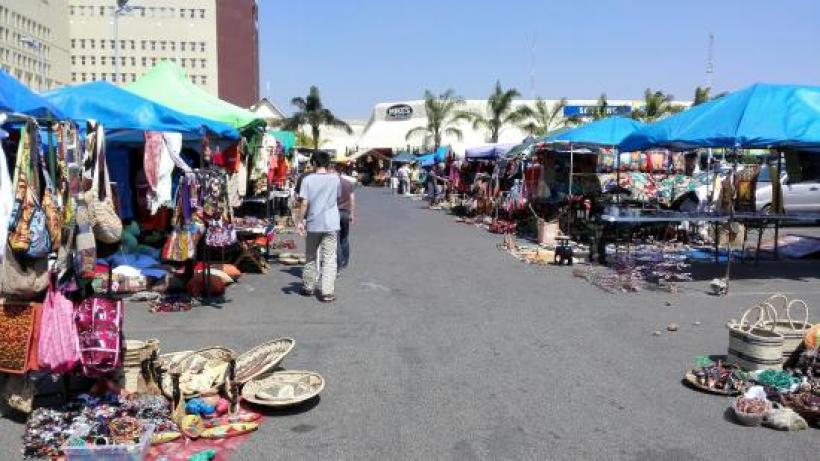
Urban density, trust, and knowledge sharing in Lusaka, Zambia
-
Ashraf-et-al-2017-Policy-Brief_rev.pdf
PDF document • 3.54 MB
- This project aims to investigate the channels through which urban agglomeration can foster (or hinder) firm growth in developing countries.
- This brief presents the first stage of this research agenda, the collection of a new dataset mapping the spatial distribution of all the businesses in Lusaka: the Lusaka Census of Urban Entrepreneurs (47,428 firms), integrated with a short survey administered to manufacturers with less than 20 employees (2,216 firms).
- The combination of these datasets allows researchers to provide evidence of agglomeration patterns within the city and to investigate correlates of business density, such as trust in other individuals.
- The quantitative evidence supports the view that spontaneous agglomerations of firms within cities are a potential source of knowledge spillovers and business opportunities, which in inform growth policies. However, more research into the mechanisms of business cooperation and growth within clusters is needed.





